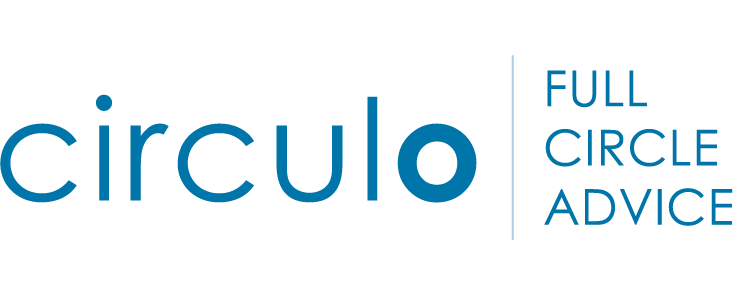April 2014 Newsletter
Revenue 2013 Annual Report
Revenue published their 2013 Annual Report last week. Some of the key points in the Report are:
- For 2013 €242 million in LPT was collected, and €76 million in respect of 2014.
- The compliance rate for 2013 is 94% while compliance for 2014 is at 90%.
- Revenue also collected €2.7 million in Household Charge arrears from 1 July 2013 and up to the end of 2013.
- There were 626,561 interventions (including audits) yielding €548.3 million, an increase of 11.4% on 2012.
- 8,037 audits were completed yielding €311.9 million.
- Revenue paid particular attention to business sectors where cash transactions are the norm.
- 14 avoidance cases, 13 of which were under the general anti avoidance provisions of section 811 of the Taxes Consolidation Act 1997, were settled with a yield of €2.6 million and a restriction of losses of €1.1million.
- Over 16,000 taxpayers or businesses covering almost €124 million of tax debt were given phased payment arrangements .
- Revenue’s handling of customer complaints, within their standard of 20 days, dropped 7% to 84%.
- Their standards for dealing with calls to their 1890 telephone service also dropped in 2013.
- The use of Revenue’s electronic services; ROS and PAYE Anytime increased, 39% and 112% respectively.
- The number of electronic tax returns via Revenue Online Service (ROS) in 2013 increased by 39% to 6.7 million.
- PAYE Anytime registrations increased by 13.3% with approx. 857,000 individuals registered for the online service.
- A total of 1,520,667 payments (up 15% on 2012) were made via ROS with a value of €38.1 billion (up 6% on 2012).
The Revenue Annual Report 2013 can be read in full on the Revenue website.
Revenue Contractors Project
Revenue issued a letter to Chartered Accountants Ireland on the conduct of the Revenue Contractors Project. According to the Institute’s report, Revenue acknowledges the delays in concluding cases, which may be partly explained by the fact that Revenue departed from the normal procedures in the Audit Code of Practice in the conduct of this project.
In the letter, Revenue detail their plan to deal with open cases under this project and state that they will raise assessments and interest and penalties will apply as appropriate. A copy of the letter is published on the Chartered Accountants Ireland website.
Home Renovations Incentive Online Facility
The new electronic system to administer the Home Renovation Incentive (HRI) is now available. Contractors can access the facility through their ROS account or through the Revenue website. Homeowners can access the facility through the Revenue website.
In cases where work was carried out and paid for between 25 October 2013 and 9 April 2014 the homeowner should contact the contractor and ensure that details of the work is entered online as otherwise the homeowner will not be able to claim the HRI tax credit. The contractor has until 8 May 2014 to enter the details on the HRI online system. Commenting on the Revenue Annual Report 2013 published this week, the Revenue Chairman noted that work to the value of €4.4 million has been uploaded to the HRI system.
Revenue published on their website an updated guide on the Incentive and updated Frequently Asked Questions on the system.
PAYE Balancing Statements
The Form P21 will no longer issue in paper format to PAYE Agents. It will be available to agents and to PAYE Anytime registered taxpayers via PAYE Anytime only. Paper versions of Form P21 will continue to issue to taxpayers who are not registered for PAYE Anytime.
Repayment Claim for Income Tax Deducted at Source
Form 54 for the year ended 31 December 2013 should be used to claim a repayment of income tax deducted from income at source during 2013 e.g. deposit interest retention tax (DIRT), dividend withholding tax (DWT), etc, where eligible. The form is published on the Revenue website.
In the Press – Changes to Ireland’s Capital Gains Tax Regime
In the March issue of tax.point, the monthly tax journal from Chartered Accountants Ireland, Mark Doyle featured an article on the changes to the Irish Capital Gains Tax regime in 2014 such as the limits on retirement relief, the new entrepreneurs’ relief, and the property tax exemption. You can read the full article on our website.

